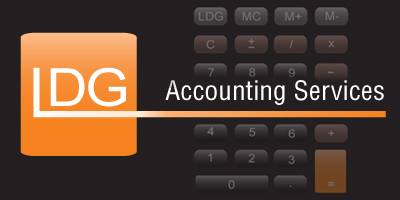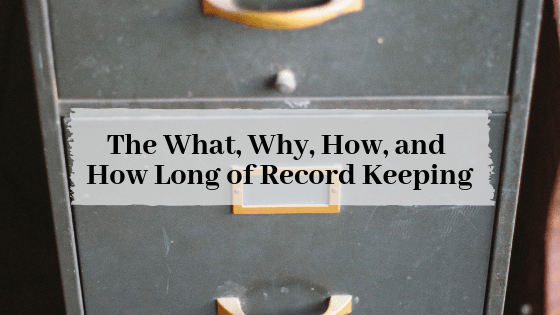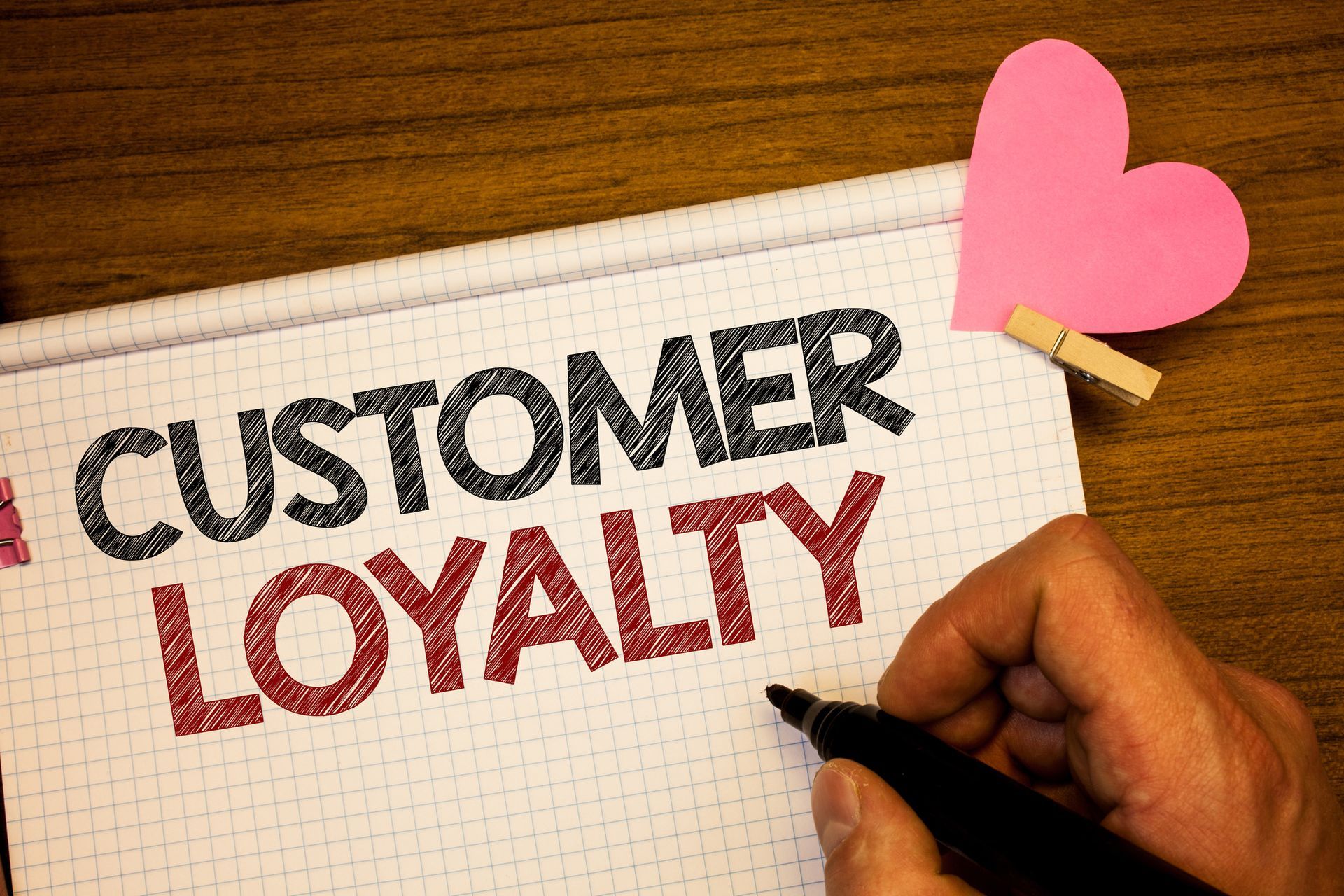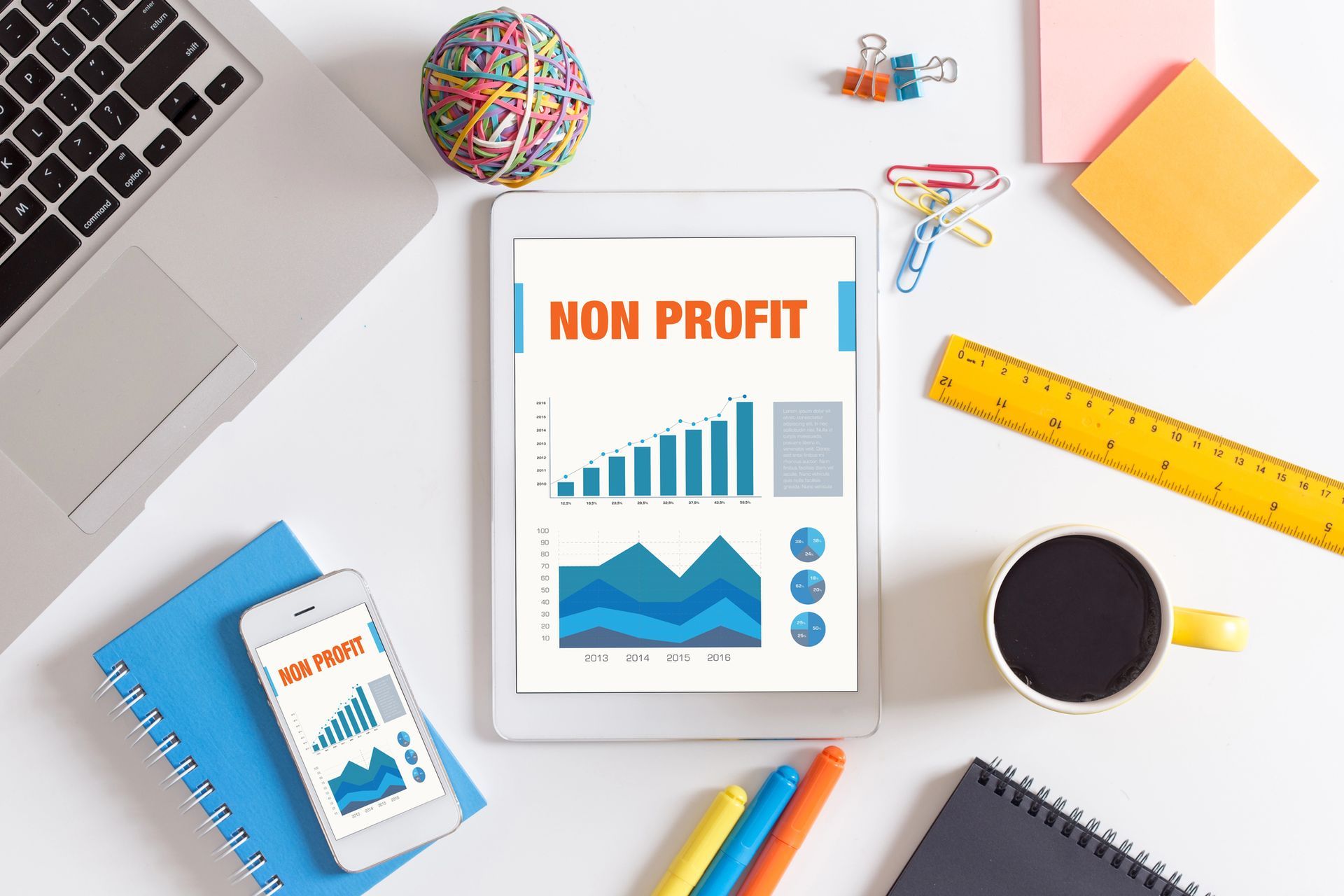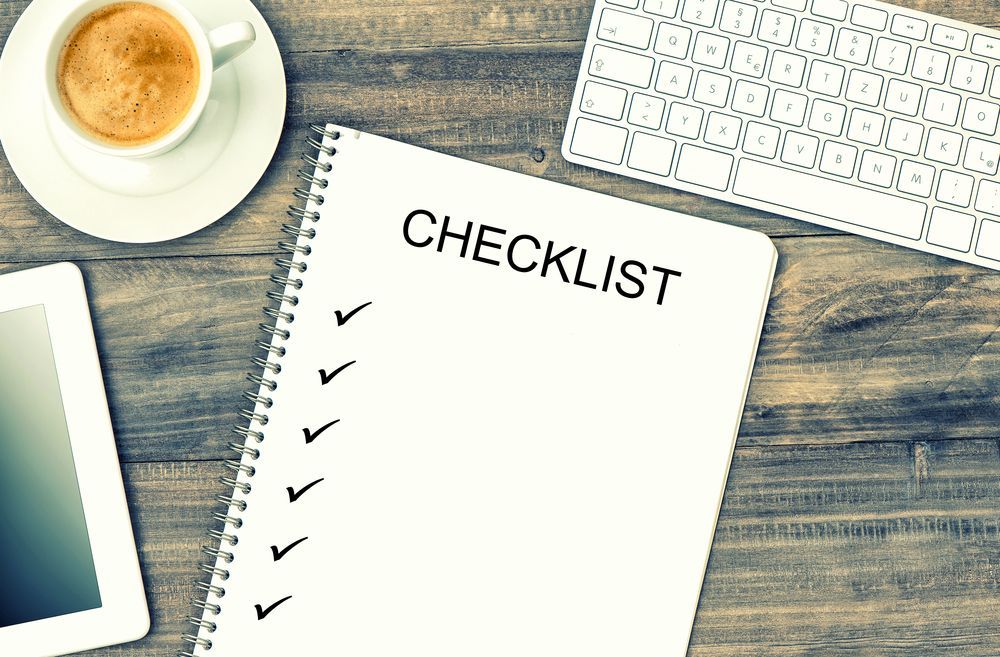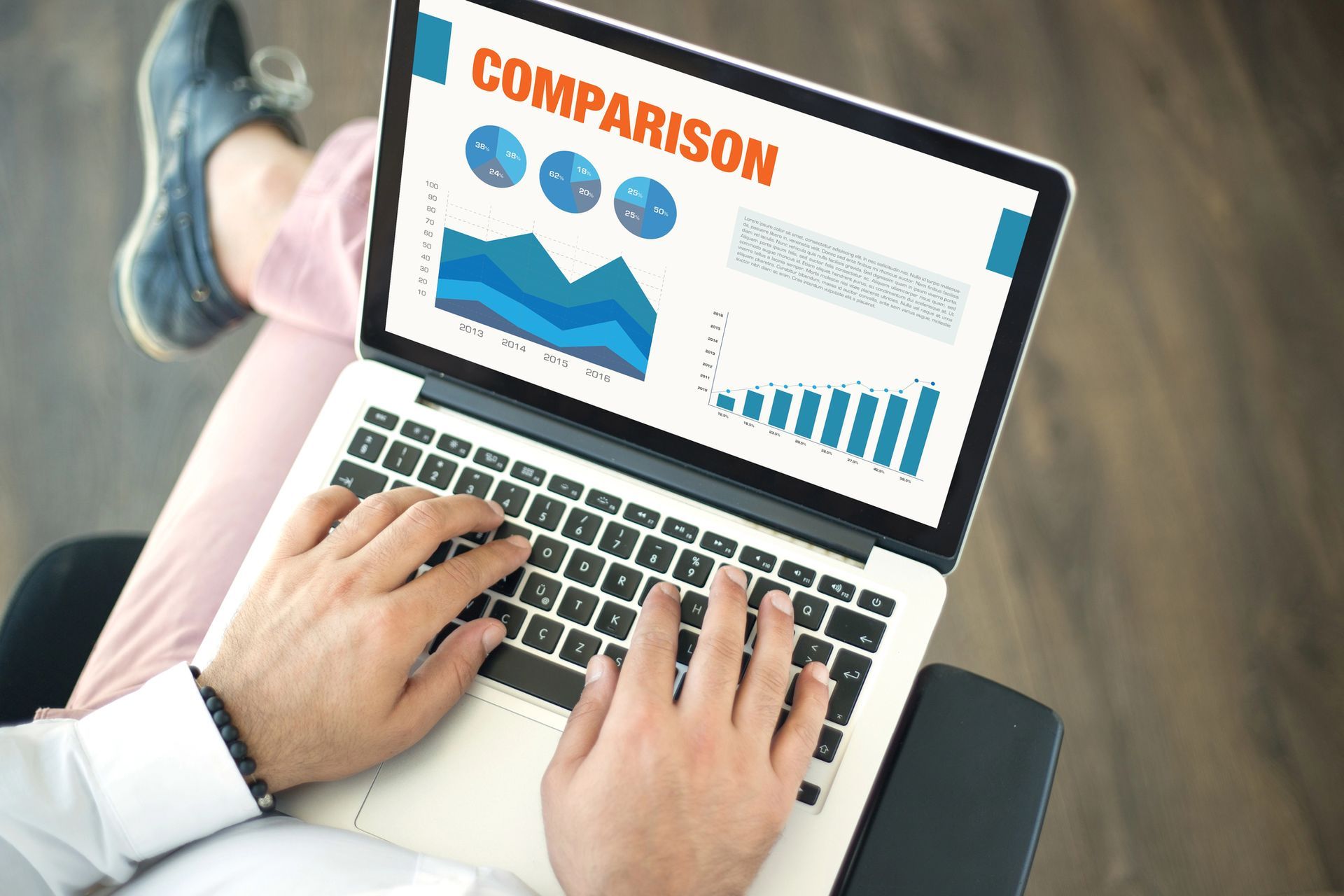The What, Why, How, and How Long of Record Keeping
Running a business without keeping accurate records is like playing a football game without keeping a score. And yet, too many business owners do not know the current score of the game they’re playing in.
So today, we are going to cover why it’s to your advantage to keep accurate records, which records to keep and for how long, and how to keep them.
This might not seem like the most exciting topic, but it can save the day or keep you from a major headache, so it’s worth your while to make sure you’re keeping good records.
Why It’s Important to Keep Records
Here are a few reasons why keeping good records will make your life easier and your business run more smoothly:
- Tax time will be easier and less eventful – no one likes an eventful tax season, including accountants!
- You’ll have a better sense of organizational strengths and weaknesses.
- Decision making will be easier because you’ll have a more complete picture.
- Future loan processes will require less preparation.
- You’ll be more equipped to manage change.
- You will decrease the risk of theft from within the business.
- You’ll maximize tax deductions and as a result, you may reduce your tax obligation.
What Records to Keep
There is some variation from industry to industry, business to business, but there is also a lot of overlap that applies to all businesses, no matter their size or model.
The records you should be keeping up to date include:
- Profit and loss statement
- Balance sheet
- Budget vs. Actuals Report
- A list of all expenses
- Sales and/or invoices
- Bank and credit card statements
- Tax deductible expenses
- Tax returns and quarterly tax payments, if applicable
- Payroll
- Inventory
- Petty cash
- Check stubs
- Property investment records
- Client or customer files, including contact information and a record of sales
- Any and all contracts with suppliers, customers, employees, etc.
- Employment applications
- Human resources files
- Articles of incorporation, licenses, and permits
How to Best Keep Your Records
The best record keeping system will make your life easier, not harder. So find a system that works for you and stick to it. In terms of online software systems, it has been our experience that you get what you pay for. The free options usually aren’t all that helpful.
Whatever you do, don’t let it all pile up. That’s how it becomes daunting and you end up avoiding it completely.
Once you have a system in place, you might wonder how long to keep your records. All tax returns should be kept forever, as should papers relating to properties, incorporation, and personnel. Supporting tax documents like deductions should be kept for 7 years, as should most other records.
Once you get in the habit of organizing records using a system that works for you, it will be an easy task that will give you peace of mind and insight when you need it. If you want help setting up your financial records, contact us today .
